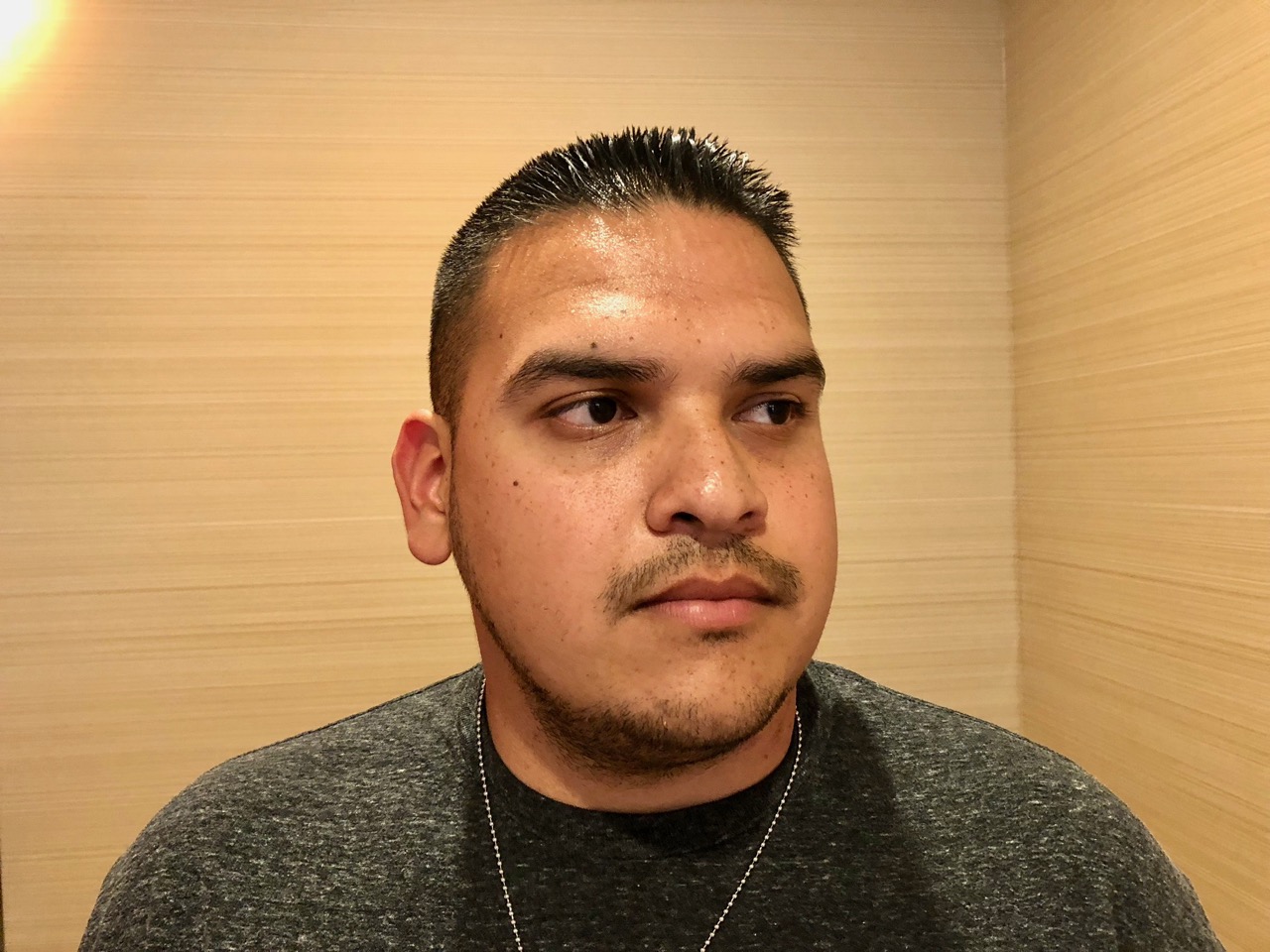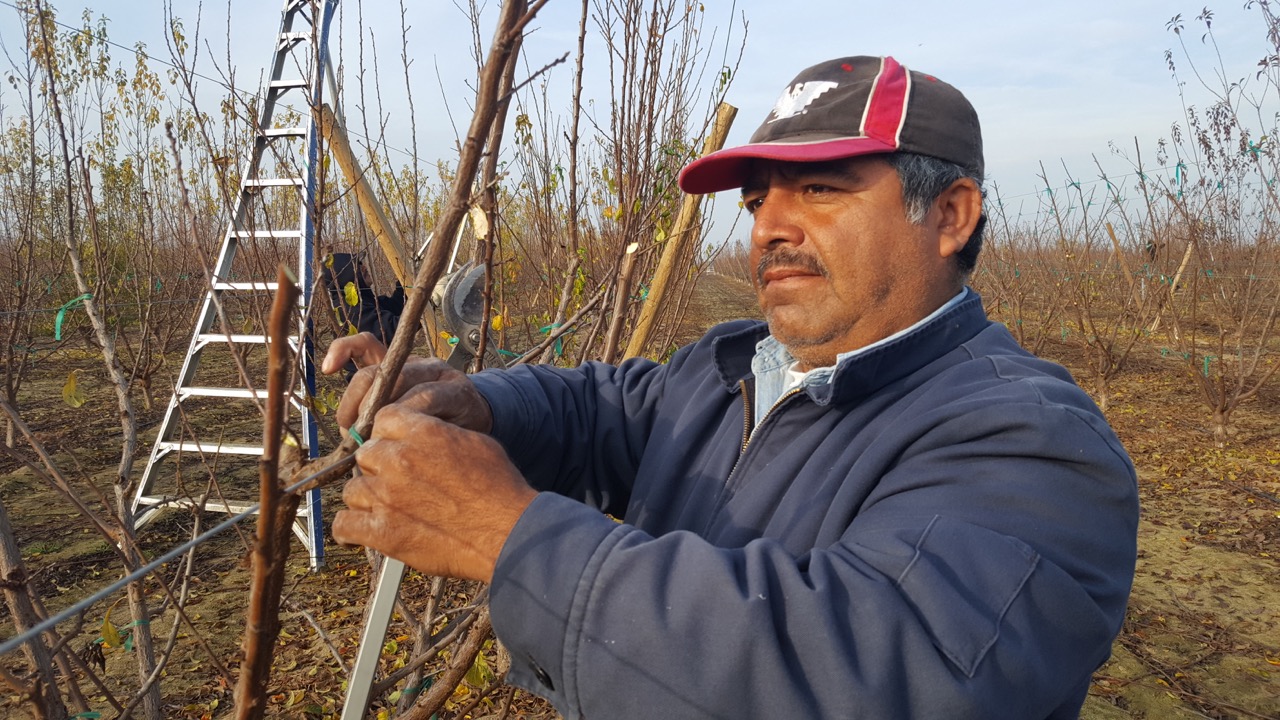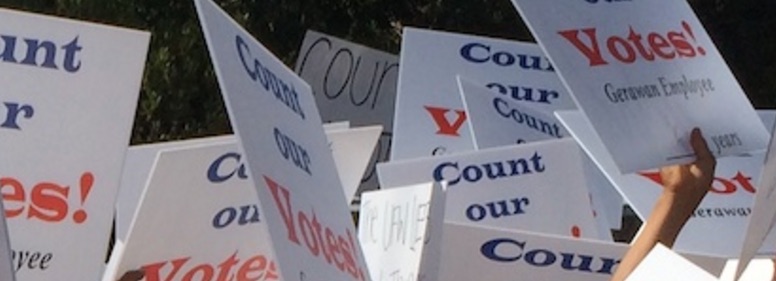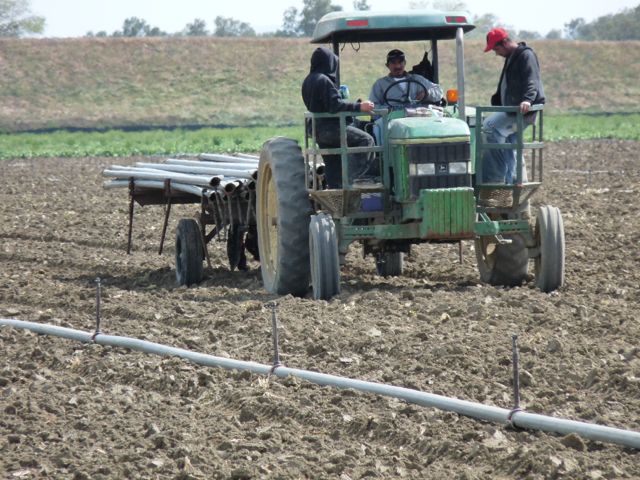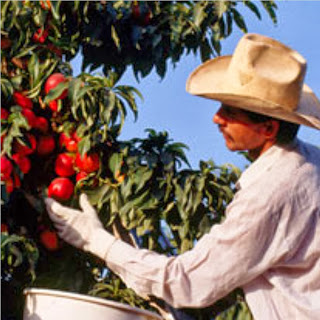Gerawan Farm Employees Await Justice
When Will the Court Ordered Gerawan Votes Be Counted? Part 1
By Laurie Greene, Founding Editor
Jesse Rojas, a farm worker rights activist and spokesperson for Pick Justice, (PickJustice.com) expects the California Agricultural Labor Relations Board (ALRB) and United Farm Workers union (UFW) will appeal the recent ruling by Fifth District Court of Appeals in Fresno, which ordered the ALRB to count Gerawan Farming, Inc. employees’ votes cast nearly five years ago.
Specifically, on May 30, 2018, the Court ordered the ALRB to count Gerawan farm employees’ votes cast in a November 2013 government-sanctioned election to decertify the United Farm Workers (UFW) as their collective bargaining representative, a union that abandoned the workers for over two decades.
The ALRB held the decertification election in response to petitions filed by Gerawan employees following notification that the UFW moved to impose both UFW bargaining representation and union dues (three percent of salary) on Gerawan employees under the Mandatory Mediation and Conciliation Regulation created in 2002 but then amended in 2011 to allow ALRB to reverse election wins.
Historically, the ALRB certified the UFW as the bargaining representative of Gerawan employees in 1992; however, the UFW never attempted to negotiate in good faith with Gerawan Farming, Inc. on behalf of the employees, nor did the UFW collect dues. The UFW then abandoned the Gerawan employees for nearly a quarter of a century.
Rojas explained, “Our state government continues to refuse to count the votes. That is un-American. These thousands of workers, Hispanic workers who are Americans, came to this country for freedom and the ability to choose what is best for them and their families. They have been waiting for nearly five years for the government to count these votes. Where are the votes? We don’t even have confirmation of the safety and status of those ballot boxes.”
“When the Fifth District Court of Appeals made this announcement, Silvia Lopez was absolutely stunned by it,” said Rojas. “She feels like we haven’t really won a lot in the last few years. At one time, Silvia said, ‘I escaped the corruption from my government in Mexico and I get to California and I’m starting to experience the same and feel the same way,” Rojas said.
“Ninety-nine percent of my family still lives in Mexico, so I know what we ran away from, what makes this country great, and why we are here. So it’s really sad for us to see in this particular state, with Jerry Brown and the majority of the legislators in Sacramento, they are breaking away families because of economic suppression and government corruption,” he said. “They are destroying jobs or they are complicit in the destruction of thousands of jobs, not just at Gerawan Farms, the biggest example. There are multiple companies where the UFW and the ALRB, both, and our government, have failed to protect worker rights and their jobs.”
“I’ll tell you, ” Rojas continued, “from reading most of the decision, which was over 130 pages, it was historic—not just because they said, ‘Count the votes,’ but because of specific legal arguments they used. They went as far as putting a footnote that told the legislature they should amend or change the law, so this does not happen again. They really went above and beyond to explain why this has been really wrong and why it needs a big remedy.”
“I’m not only biased,” Rojas said, “I am 100 percent pro-agriculture and pro-farm workers because I grew up in farming. You know, the moment my parents and I arrived from Mexico, we encountered the history of the grape strikes and UFW beginnings. I grew up hearing their stories and ideology.”
Seeing how their current actions and results differ from the original movement told throughout history, this drove Rojas to step out and publicly speak about it.
Pick Justice advocates freedom of choice for farm workers. They are concerned citizens who support the rights of workers to choose whether or not they want to have a union represent them. They are standing up for workers who are victimized by a politicized government agency. They believe that freedom of choice is a human right. From their “About Us” page: “People who are not educated are deprived of their freedom by those who are educated.
Pick Justice exists to educate the public about the corrupt relationship between a once-noble union and the dishonest government employees at the California Agricultural Labor Relations Board (ALRB). We want to help social change to show that, once a union has violated the trust of those it purports to represent, that union no longer votes for the workers.” Pick Justice encompasses the vibrant website www.PickJustice.com, plus YouTube, Twitter, Facebook, Instagram, Pinterest, Tumblr, and Snapchat social media outlets.
Rojas is also founder and CEO of The Redd Group, LLC based out in Bakersfield. “At The Redd Group, we provide all aspects of labor relations and human resources consulting,” he explained. “This year, we started doing more political consulting and public relations, helping campaigns and companies understand data blind spots that may keep them from maximizing their potential and coach them to adopt winning strategies by focusing on the simple 3 M’s of marketing: identify the specific Market, then craft the exact Message, then finally choose the best Medium to deliver the message. Wherever and however we can, we try to contribute our views and beliefs, as well as whatever we can do to change a little bit of the government for the better and create awareness where needed.”

